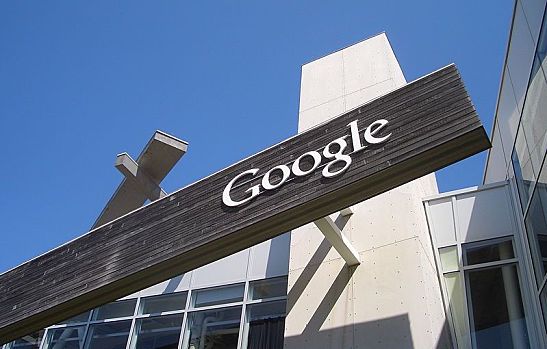Google has filed a patent application for a micro camera that works within a contact lens to snap pictures with the blink of an eye, Patent Bolt reports. Sounding like something out of a sci-fi TV show, functioning hardware that is placed on the eye’s surface might not be at the top of most gadget fans’ product wish list, but Google has announced that it is aiming to produce just that.
Smart Contacts: An Evolving Product
In January, Google announced a smart contact lens project with a biomedical component via a blog post. Hoping assist diabetics with monitoring their blood sugar levels, Google invented contact lenses that are able to detect blood glucose levels from a patient’s tears. This project likely goes hand in hand with their latest patent application to integrate micro cameras into their smart contact lenses. They have also invented a multi-sensor component, which helps detect when a person is blinking and the orientation of the contact lenses.
These cameras would be able to detect a shift in a user’s gaze and follow it to capture images that can detect light, colors, faces, and motion just like smartphone cameras do today. These pictures would not obstruct a user’s vision and would be wirelessly transferable to a remote device.
Representing the Future of High-Tech
Perhaps the most remarkable part of the patent application is the potential uses Google outlines for such a device. Not just a fancy, biomechanical version of Google Glass, these contact lenses could conceivably help the blind. A sophisticated analysis component would process raw image data for a blind person wearing the contact lenses and warn them via an audio alarm if they approach a dangerous intersection, for example.
Even those without visual impairment could use the smart contact lenses to enhance their vision. Advanced facial recognition, motion detection, and a wider peripheral view would all be possible with this invention. The lenses could even focus on faraway objects, making binoculars a thing of the past.
Combine all these incredible features together and suddenly science fiction feels more like a soon-to-be reality. Of course, there will be many more obstacles before an invention like this can be brought to market. Consumer safety with such a device is a primary concern, and Google’s most recent patent application doesn’t address these issues—but that doesn’t necessarily mean they won’t. Expect to see Google file more patents on this exciting new technology soon.
What is your opinion of this type of technology? Would you ever wear camera contact lenses?
Image courtesy of Wikimedia Commons
[cf]skyword_tracking_tag[/cf]

